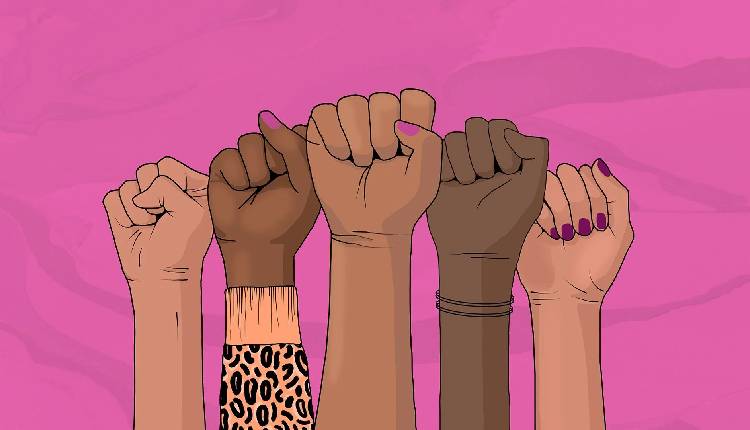Since the beginning of time, women have been trained and essentially forced to abide by a set of rules and laws that include dressing modestly, staying inside at night, avoiding solo travel, working until late, avoiding friendships with too many men, and many others. Perhaps only in India do goddesses receive worship while women are bothered and harassed simultaneously. Women now have the knowledge and power to leave the house by themselves, take professional and personal risks, and work for both money and passion. Despite this, they still need support and effective law enforcement to help them feel safe and strong enough to confront the world and pursue their own goals.
For the benefit of women’s empowerment and the advancement of Indian society as a whole, the government, society, and citizens have realised the necessity for gender-specific regulations for women. However, the sad reality is that the majority of Indian women are not even conscious of their rights. Nearly all Indian women have seen instances in which they felt threatened by the men in their immediate surroundings. The mere existence of laws, however, is not sufficient to prevent their abuse and exploitation. What matters most are proper implementation and execution. Therefore, the most crucial legal rights that every Indian woman must be aware of are listed below to assist women in learning about their rights and to empower them against discrimination and exploitation.
Important Rights Every Woman Should Know
Right to maintenance
The necessities of life, such as food, clothing, shelter, education, and access to medical care, are included in maintenance. Even after their divorce, as long as she doesn’t remarry, a married woman is entitled to maintenance payments from her husband. The wife’s standard of living, as well as the husband’s financial situation and circumstances, determine maintenance. With the exception of situations where the wife is living in adultery, refuses to live with her husband without justification, or when both of them agree to live separately, Section 125 of the Code of Criminal Procedure, 1973, requires the husband to support his divorced wife. Any Indian woman can request support from her husband under the aforementioned section, regardless of her caste or religion.
You may also like: Poof Away the Back Pain: Get Ready to be The Wonder Women
Right to equal pay
Our laws are now gender-neutral. An equal wage for an equal amount of work is due to both men and women. The same is provided for by the Equal Remuneration Act. It guarantees that men and women employees receive equal pay for comparable or the same types of work. There won’t be any gender-based discrimination in the sense of hiring practices or working conditions.
Right against domestic violence
Due to the 2005 adoption of the Protection of Women from Domestic Violence Act, every woman has a right against domestic violence. Domestic violence encompasses not only physical assault but also sexual, mental, and financial abuse. Therefore, if you are a daughter, wife, or live-in partner, and you experience any of these abuses from your partner, husband, or one of his relatives, or from someone who is biologically or adoptively related to you and lives or has lived with you in a shared home, you are well covered by the provisions of the Domestic Violence Act and may pursue out the various remedies it offers.
Right against dowry
The Dowry Prohibition Act of 1961 makes it illegal for brides, grooms, or their parents to give or accept dowries during, prior to, or after marriage. The definition of “dowry” in the Act is any assets or valuable security given or agreed to be given by one person to the other, directly or indirectly, but it excludes dower or mahr in the case of individuals to whom the Muslim Personal Law (Shariat) applies. You will receive a minimum of five years in prison and a negligible fine of Rs. 15,000 if you give, take, or assist in giving or taking dowry.
Right of private defence/ self-defence
It is a right of defence. In an effort to defend your body or the body of another person from the attacker, you risk suffering serious injury or even death. However, you can only kill the attacker without drawing liability or punishment if certain conditions are met. For example, if you believe the attacker is about to rape, kill, or kidnap you, lock you in a room, or throw or try to throw acid at you, you can kill that individual and the law will protect you.
We will be delighted to have your thoughts and feedback. Please write to us at [email protected]
Follow Life and Trendz on Instagram: https://www.instagram.com/lifeandtrendz_com/
Facebook: https://www.facebook.com/lifeandtrendz
Twitter: https://twitter.com/LifeandTrendz


Comments are closed.